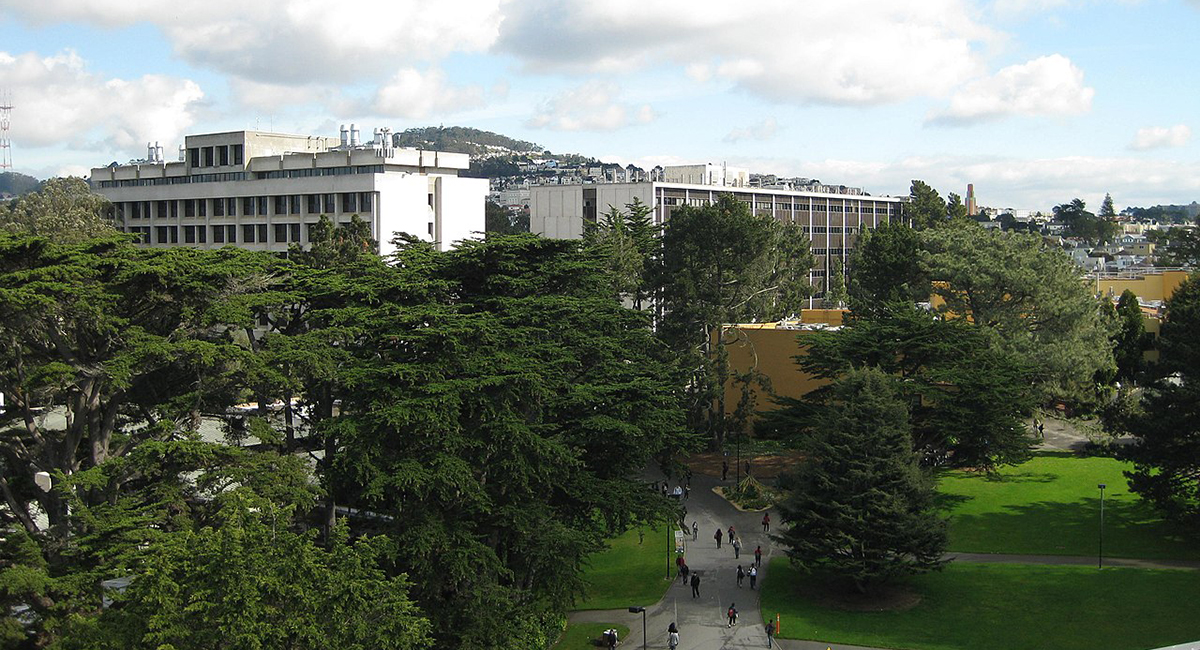University of Kentucky swimmer Riley Gaines owns school records in the 100- and 200-yard freestyle, 200 medley relay, 400 free relay, and 800 free relay, and has qualified for the Olympic trials. Gaines also holds a 3.876 GPA in health sciences, made the SEC Academic Honor Roll three times, and was named 2022 Southeastern Conference Women’s Swimming and Diving Scholar-Athlete of the Year.
In the women’s 200 freestyle at last year’s NCAA championships, the five-foot-seven Gaines tied for fifth with six-foot-one Lia Thomas, born William Thomas, who previously competed on the men’s team at the University of Pennsylvania. On the men’s squad, Thomas ranked 554th in the 500 freestyle, not exactly a leader in the pack.
On the women’s team, Thomas ranked first. So Thomas does much better against female competition. After Gaines tied with Thomas for fifth in the 200 freestyle, NCAA officials told her there was only one trophy, which they already had given to Thomas. Officials offered her the prize for sixth place, but as Gaines told reporters, “I left the pool with no trophy.”
In April, Gaines came to San Francisco State University (SFSU), part of California’s 23-campus state university system, to discuss the fairness of men competing against women. Before she could make her case, a biological man wearing a dress assaulted Gaines and a trans mob forced her to take refuge in a barricaded room. SFSU officials took the side of the mob.
SFSU president Lynn Mahoney said Gaines’s message was “deeply traumatic for many in our trans and LGBTQ+ communities.” In reality, Gaines had been prevented from delivering her message.
The Kentucky swimmer could have told SFSU students that on the men’s team, Thomas ranked 554th in the 200 freestyle, but against women came in fifth. The trans mob effectively prevented students from assessing the fairness of that case. That brand of obscurantism is hard to top, but SFSU is up to the task, as the following shows.
“San Francisco State is trying to railroad a professor who showed a portrait of the Prophet Muhammad in his history class,” reports Evan Gahr of the California Globe. “The school is investigating the professor for supposed harassment.”
Last fall, SFSU associate history professor Maziar Behrooz was teaching his class on the history of the Islamic world between 500 and 1700. Professor Behrooz showed a drawing of the Prophet Muhammad, as he has done for many years without any objection from the class. This time, however, a single student claimed that all images of Muhammad were forbidden and complained to the department chair.
Behrooz countered that the student’s view is not shared by all Muslims, that the same portrait of Muhammad is sold at marketplaces in Tehran, and that many Shiite Muslims have drawings of Muhammad in their homes. The student then took his complaint to another level.
In March the university’s Office of Equity Programs and Compliance told Behrooz it was launching an investigation. According to the Foundation for Individual Rights and Expression (FIRE) and The Middle East Studies Association of North America, the image of Muhammad was “pedagogically relevant to the course at issue.” Both groups asked SFSU to discontinue the investigation on First Amendment and academic freedom grounds.
A spokesperson for president Mahoney said SFSU had a “duty” to respond to all reports of discrimination and harassment. Once an investigation is started, SFSU “has a limited ability to discuss it.” The complaining student, unnamed, isn’t talking to reporters.
Professor Behrooz would not tell the California Globe what happened in his April “interview” but did indicate that the issue is “pending.” In this case, SFSU gives a single student’s complaint the attention it does not deserve. With Riley Gaines, the university allows a mob to cancel a speaker who does deserve attention.
Academic freedom is in jeopardy at SFSU, and the campus is no longer a place for civil and open debate.








